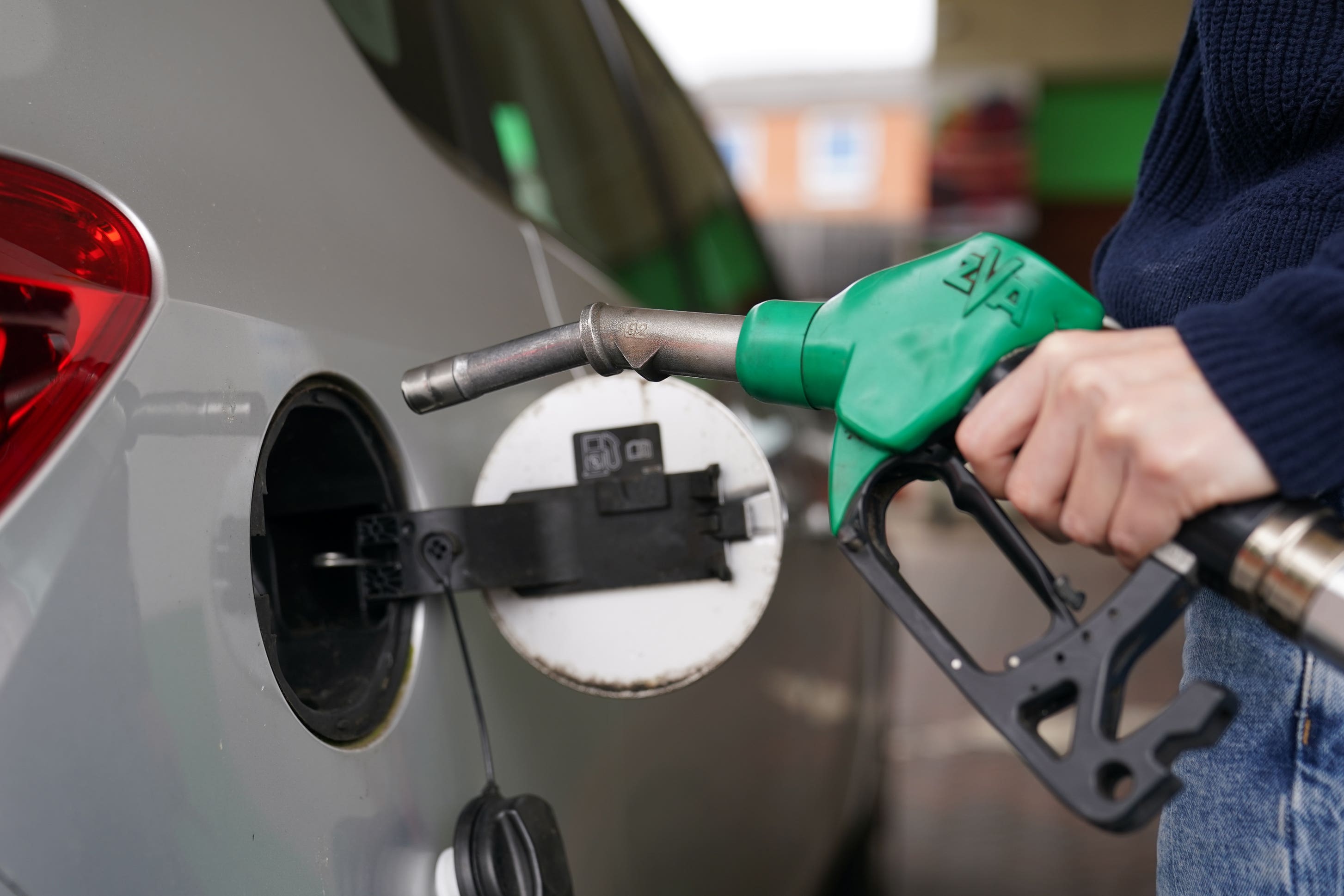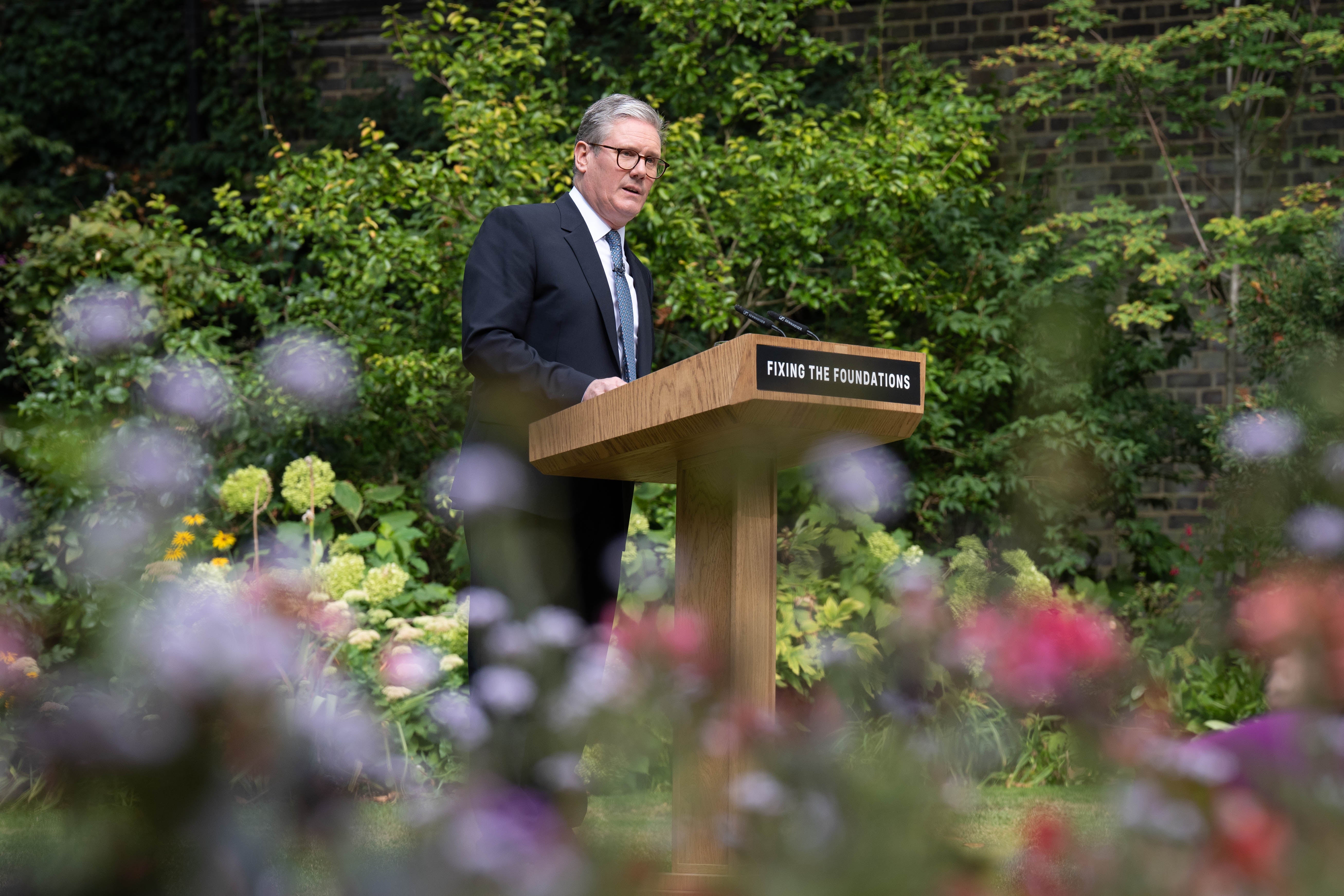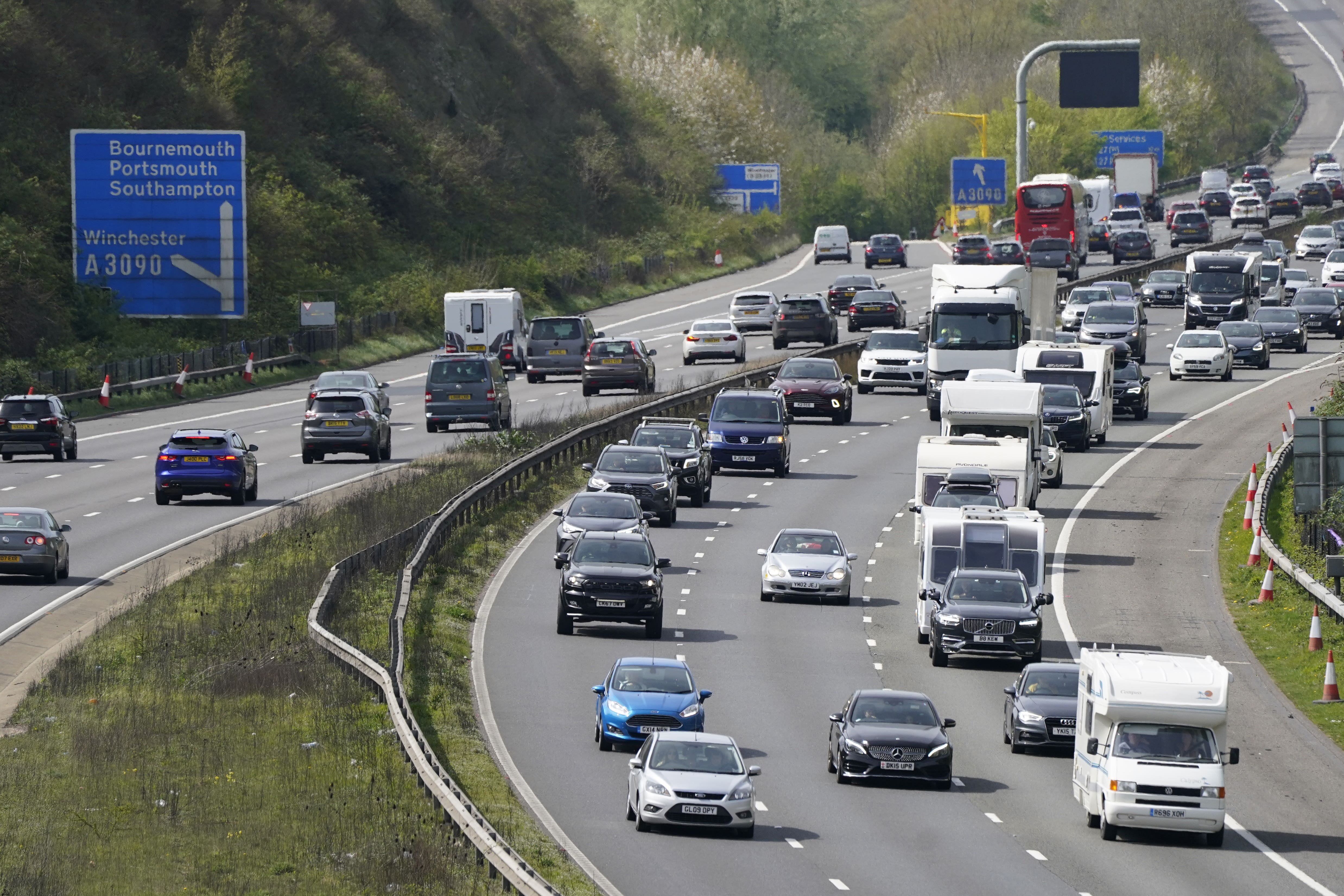What is Fuel Duty? Everything you need to know as Starmer refuses to rule out Budget rise
Fuel Duty could see a rise soon – but experts say this might not be a bad thing for motorists

Your support helps us to tell the story
As your White House correspondent, I ask the tough questions and seek the answers that matter.
Your support enables me to be in the room, pressing for transparency and accountability. Without your contributions, we wouldn't have the resources to challenge those in power.
Your donation makes it possible for us to keep doing this important work, keeping you informed every step of the way to the November election

Andrew Feinberg
White House Correspondent
Keir Starmer has refused to rule out that Labour will raise Fuel Duty in its October budget after he warned some of the coming measures would be “painful.”
The move could come alongside a number of expected cuts and tax rises at the party’s first fiscal event as Rachel Reeves looks to plug the £22bn ‘black hole’ in public spending which she says the previous Conservative government concealed.
This will likely come as unwelcome news to motorists who are struggling with other rising costs amid the ongoing cost of living crisis. However, the RAC says steps should be taken to move the more of burden of fuel costs from customers to providers.
The automotive group backs an end to the 5p cut in Fuel Duty, claiming that drivers aren’t benefitting from the reduction, which has been in place since 2022.

It accuses fuel retailers of using the money to bolster record profit margins, which have reached 13p per litre on average for unleaded and 15p for diesel. This is compared to the long-term average of 8p recorded before the pandemic.
Instead, retailers should cut fuel prices to more closely reflect wholesale costs they pay for them, the RAC says. They suggest petrol should be reduced from around 142p per litre to 136p per litre, and diesel price from 147p per litre to 139p per litre.
RAC head of policy Simon Williams said: “We’ve reached the conclusion the Chancellor has no option but to put fuel duty back up to 58p a litre in October’s Budget.
“We’d normally be against any increase in duty, but we’ve long been saying drivers haven’t been benefitting from the current discount due to much higher-than-average retailer margins.
What is fuel duty?
Fuel duties, or taxes, apply to purchases of petrol, diesel and a variety of other fuels used both for vehicles and domestic heating.
The level of fuel duty depends on the type of fuel used, with a litre of petrol, diesel, biodiesel and bioethanol attracting a fuel duty of 52.95p. It was cut by 5p by the Conservatives in 2022, having been frozen at 57.95p since 2011.

Liquefied petroleum gas (LPG) has a fuel duty of 28.88p per kg, natural gas used as fuel in vehicles, for example biogas, has a duty of 22.57p per kg and ‘fuel oil’ burned in a furnace or used for heating is taxed at 9.78p per litre.
They represent a significant source of revenue for the government, expected to raise £24.7 billion in 2023-24, according to the Office for Budget Responsibility – equivalent to 2.2 per cent of all receipts.
Scrapping the 5p cut could would raise the government an estimated £2bn. However, doing so would not automatically force fuel retailers to bring down their costs, meaning higher fees for motorists, at least in the short-term.
A report from the Competition and Markets Authority (CMA) found that motorists were overcharged £1.6bn in 2023 alone. They advise that the government should implement legislation to enforce fairer prices, with interim measures to encourage changes to come soon.
Subscribe to Independent Premium to bookmark this article
Want to bookmark your favourite articles and stories to read or reference later? Start your Independent Premium subscription today.
Join our commenting forum
Join thought-provoking conversations, follow other Independent readers and see their replies
Comments